Showing 31-45 of 51 results

Health Lab
Research from experts at Michigan Medicine, the Children’s Hospital of Philadelphia and Penn Medicine is breaking ground on new ways of treating blood disorders, such as sickle cell anemia, through gene therapy.
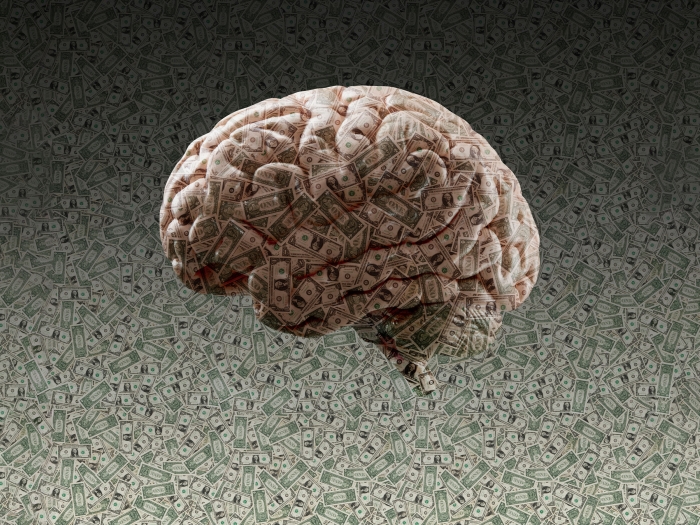
Health Lab
Access to mental health care has lagged even as diagnoses have risen; a proposed federal fix aims to increase insurance coverage of care.
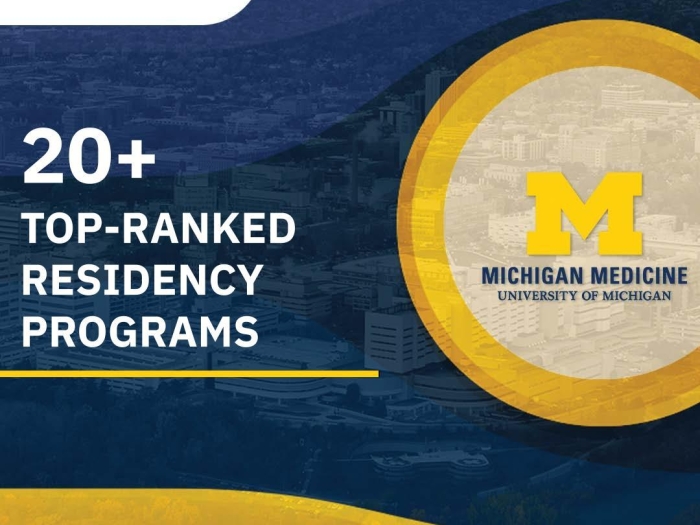
News Release
There are 13 U-M graduate medical education programs ranked in the top 10 by Doximity.
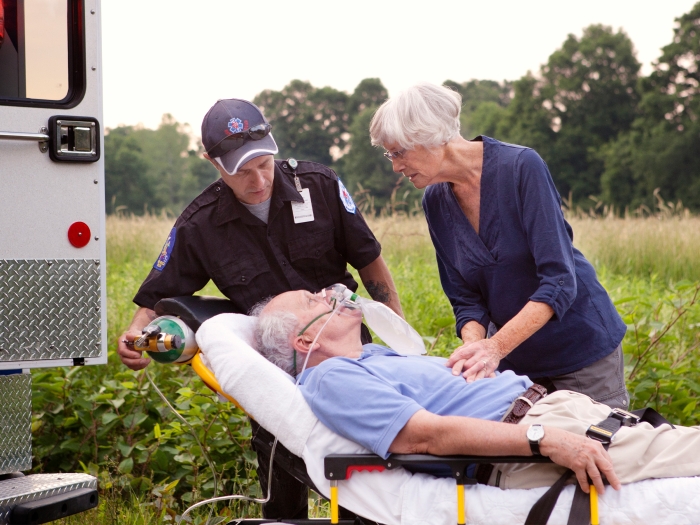
Health Lab
People with Alzheimer’s and other forms of dementia account for a large percentage of emergency visits by older adults, but some of those crises could be prevented.
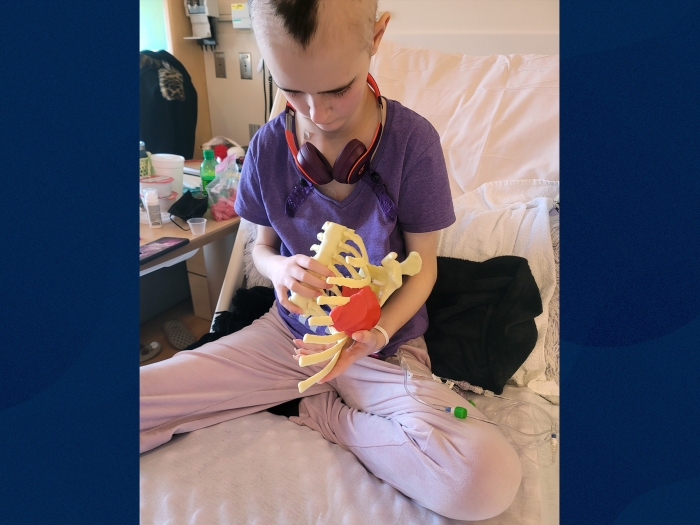
Health Lab
A pediatric cancer patient received new 3D metallic ribs from Spain to help treat and manage her disease.

Health Lab
In the wake of a Surgeon General’s advisory, experts offer tips for families of teens and tweens

Health Lab
Iron levels in the blood – and specifically, a type of iron storage called ferritin – have been linked to mental health symptom severity
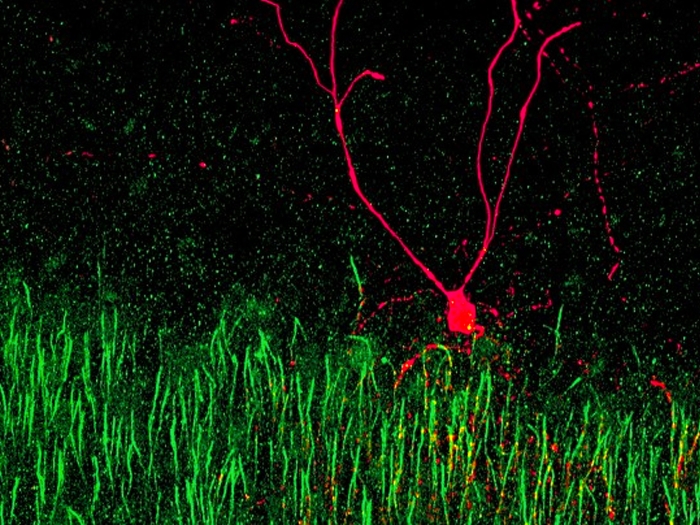
Health Lab
Michigan Medicine researchers have found that an extra copy of one gene that is triplicated in human Down syndrome patients causes improper development of neurons in mice.
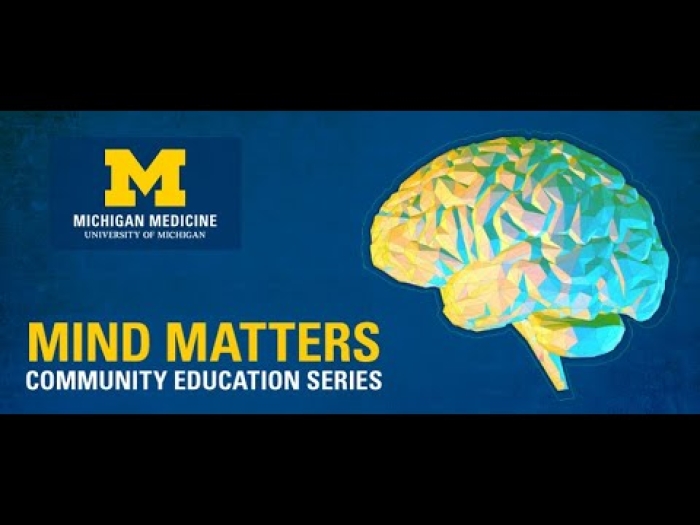
Health Lab
Interventional psychiatric care involving brain stimulation and infused or inhaled medicine can offer different options for patients.

Health Lab
New safe gun storage laws for Michigan highlight the need for keeping firearms locked up and separate from ammunition to prevent injury and death including suicide.

News Release
The University of Michigan has launched a new transdisciplinary institute that will bolster research collaborations and strengthen community engagement to address the national opioid overdose crisis, which leads to nearly 200 deaths per day across the United States.
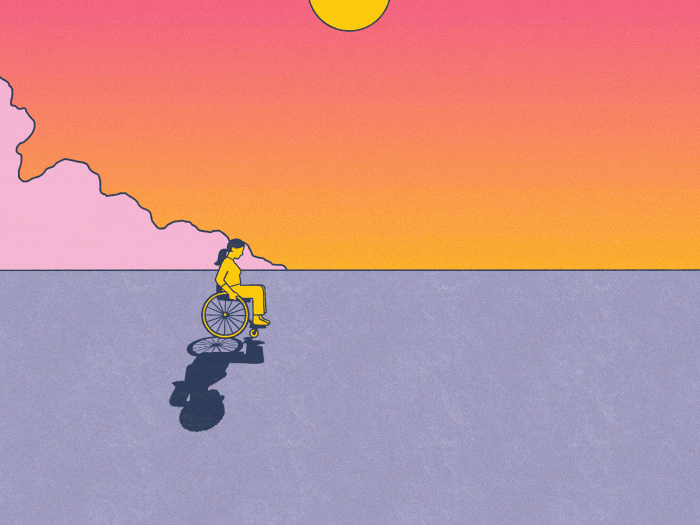
Health Lab
Research from U-M suggests that Acceptance and Commitment Therapy can aid in the recovery of spinal cord injuries by helping patients learn to manage their emotions and thoughts surrounding their injury.

Health Lab
The MC3 program provides psychiatric expertise on-demand to primary care providers in Michigan as they manage mental health conditions in young or pregnant patients
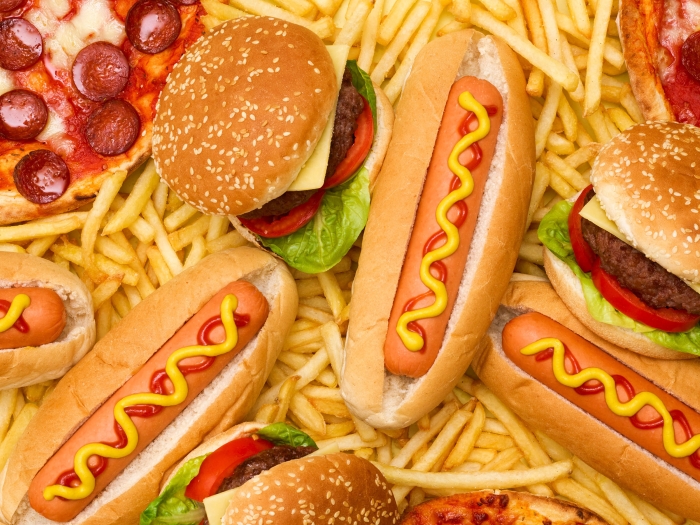
Health Lab
Highly processed foods can act on the brain in ways that spark cravings, emotional reactions and signs of addiction, and a new poll shows how many older adults experience this.
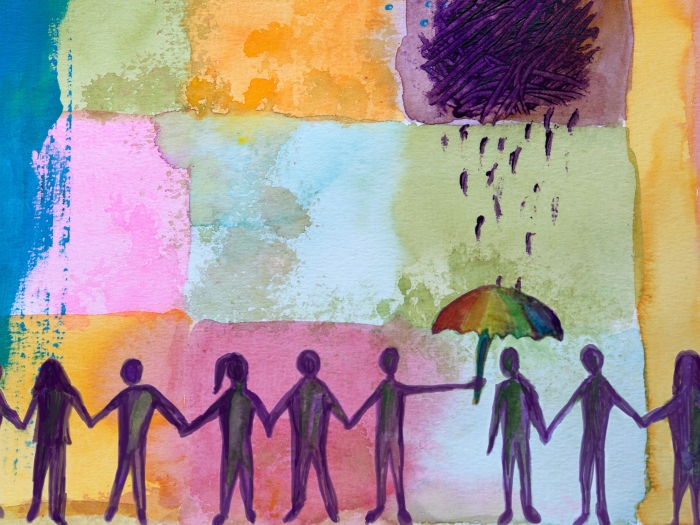
Health Lab
Stress can interact with genetic vulnerability to depression, and with added or lacking support from friends and family, to affect depressive symptoms.